Key US think tank pushes firmer anti-China policy over Taiwan
A major US foreign policy think tank has called for stronger American measures against China over the self-ruled island of Taiwan, advocating closer military, diplomatic and economic ties with Chinese Taipei in face of Beijing’s insistence on reunification.
“US policy towards Taiwan needs to evolve to contend with a more capable, assertive and risk-acceptant China that is increasingly dissatisfied with the status quo,” said the New York-based Council of Foreign Relation (CFR) in its latest report of the issue on Friday.
The report further quoted US Assistant Secretary of Defense Ely Ratner as insisting that Taiwan "is located at a critical node in the first island chain, anchoring a network of US allies and partners...that are critical to regional security and critical to the defense of vital US interests in the Indo-Pacific.”
The report was endorsed by CFR members such as Admiral Michael Mullen, retired chairman of the Joint Chiefs of Staff, retired Pacific Commander Admiral Harry Harris, and other defense experts who serve as advisers to the Pentagon.
Shanghai University professor at of Political Science and Law Ni Lexiong, however, emphasized that the report shows that Washington is "not interested in improving bilateral relations with Beijing."
If Washington decides to base its national interests on the "permanent divide between the mainland and Taiwan," it will hardly be able to abate, Ni further underlined.
International observers, meanwhile, state that if Washington decides to base its national interests on a permanent rift between the mainland and Taiwan, it will be difficult to ease tensions.
The report was released just days after US Secretary of State Antony Blinken visited China in a purported bid to ease tensions with the increasingly powerful and assertive Beijing.
Defense analysts say the report shows that the Americans are reluctant to improve relations with Beijing and that Washington is leaning more towards "strategic clarity" on Taiwan policy instead of the declared "strategic ambiguity".
In advocating closer military, diplomatic and economic ties with Taipei, the report was consistent with the Pentagon's annual report to the US Congress and provided a clearer position on arming Taiwan, they said.
In an earlier report by the CFR also called on Washington to exercise deterrence against any attempt by Beijing to use "force or coercion to achieve an alliance with Taiwan" while drawing parallels with the invasion of Ukraine.
As Xi approaches the end of his term and the basis of his legitimacy shifts from economic growth to Chinese nationalism, the potential for conflict will increase.
Tensions between Washington and Beijing have risen this year over issues including Taiwan and a Chinese spy balloon shot down by a US warplane after passing over the country.
China has time and again stressed that the self-ruled island is obliged to unite with the mainland, by military force if necessary.
Despite Beijing's warnings, the US government has continued its attempts to forge strong alliances with regional allies, while countering China's growing clout.
US imposes new sanctions on fleet involved in Iran’s oil exports
Iran ready to consider troop deployment to Syria upon official request
VIDEO | Press TV's news headlines
23 Palestinians killed in Gaza as Israel issues new evacuation threats
Gazans now face epidemic of traumatic injuries: UNRWA
South Korea’s President Yoon declares martial law
Yemen, Iraqi resistance strike Israeli targets in joint operations
France’s Barnier government inches closer to collapse


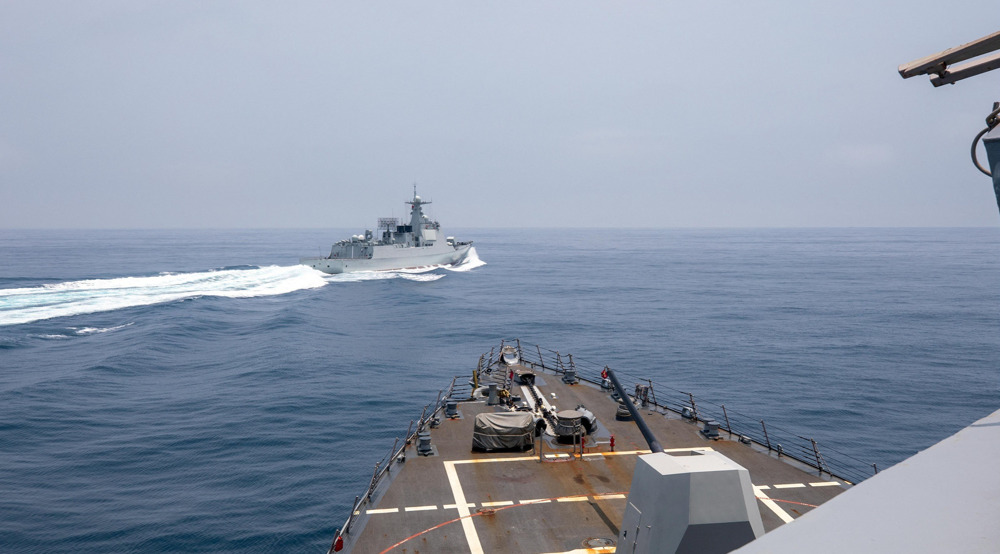
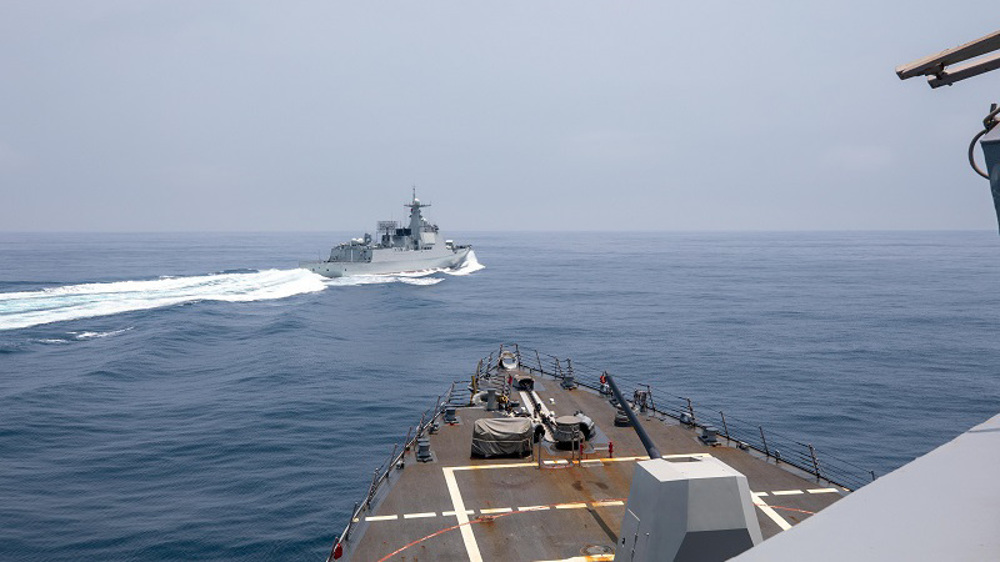
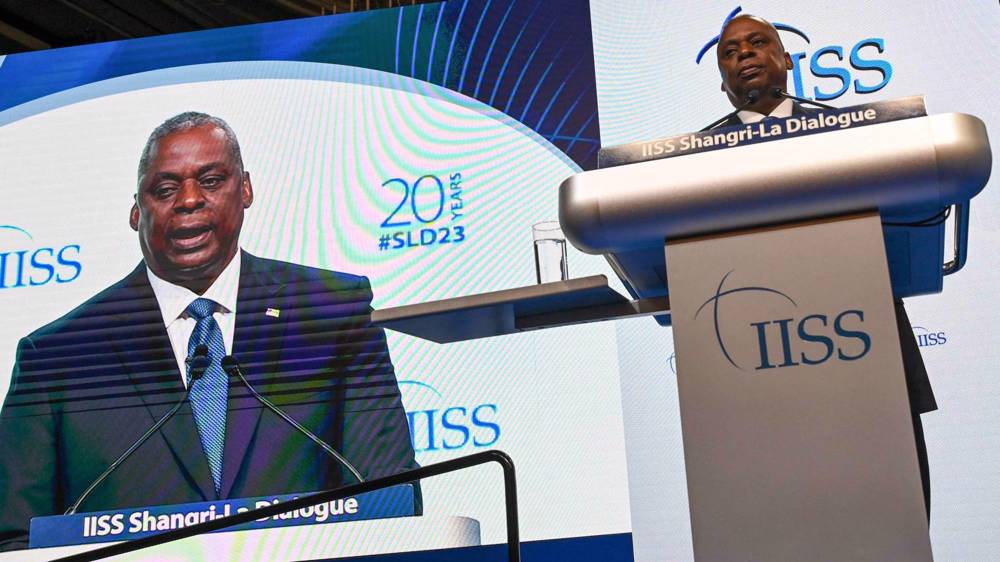

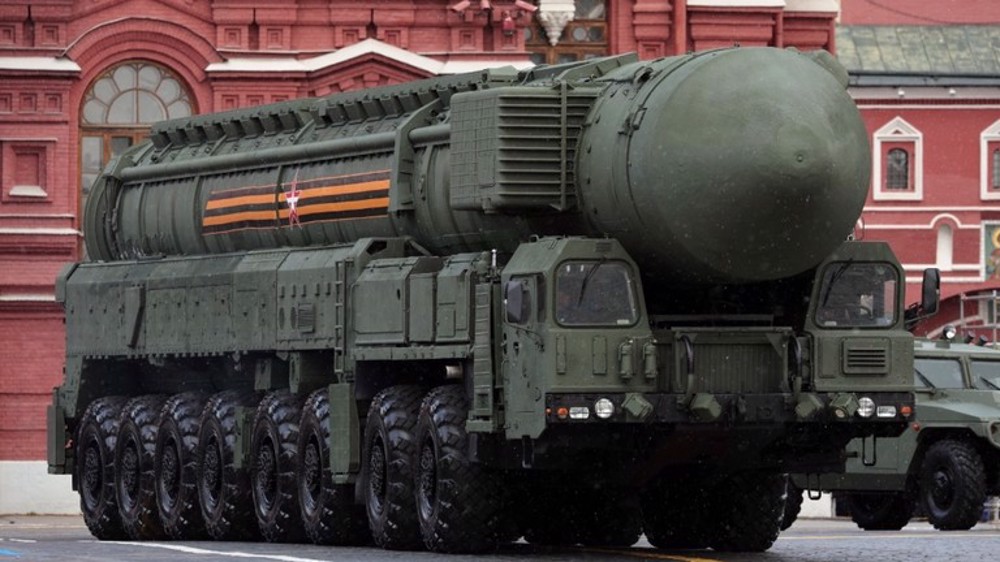
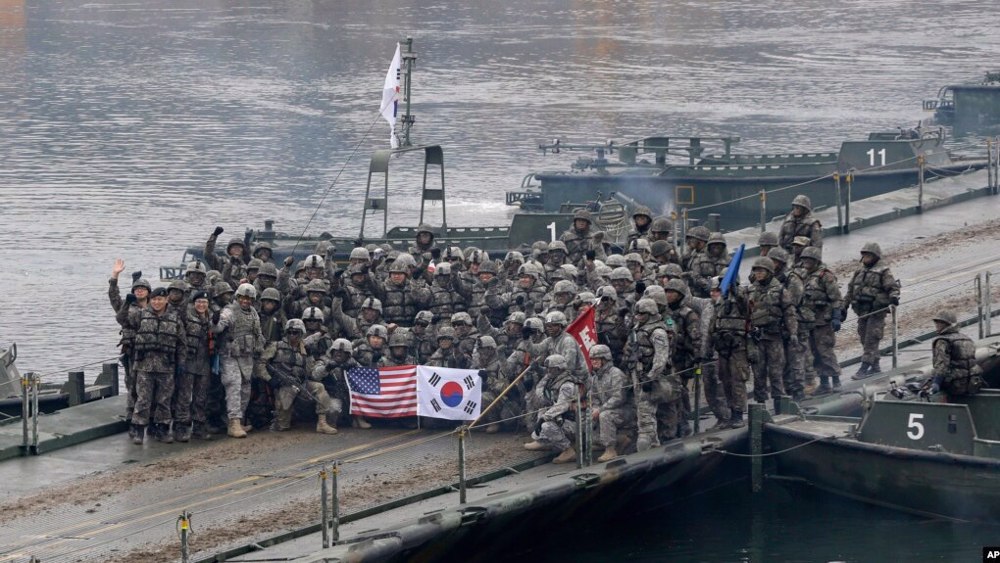



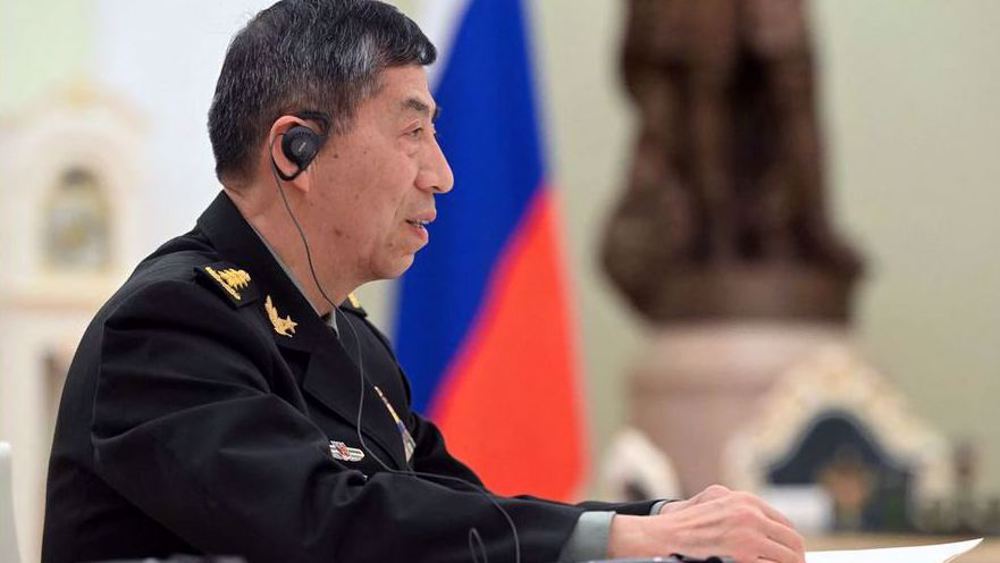
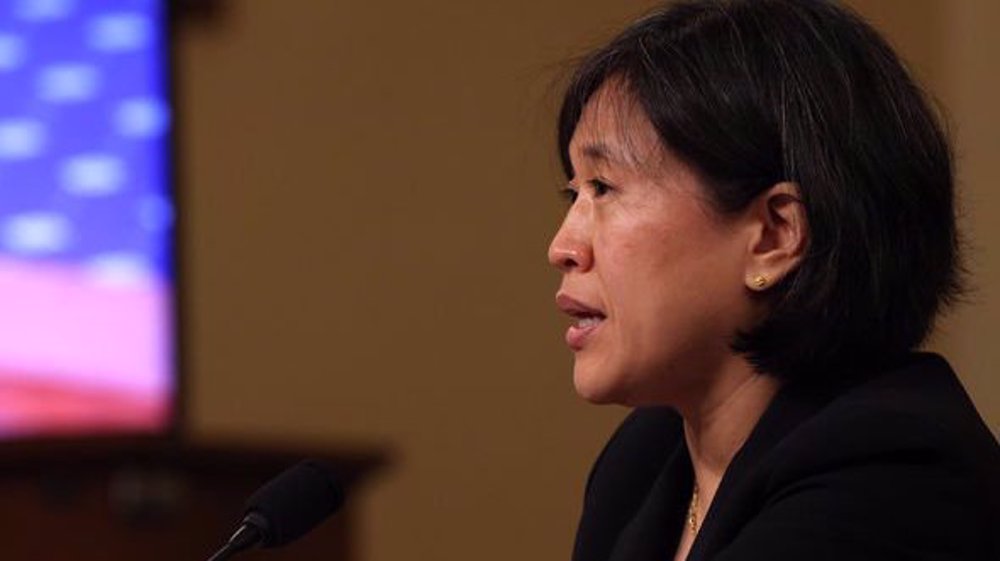
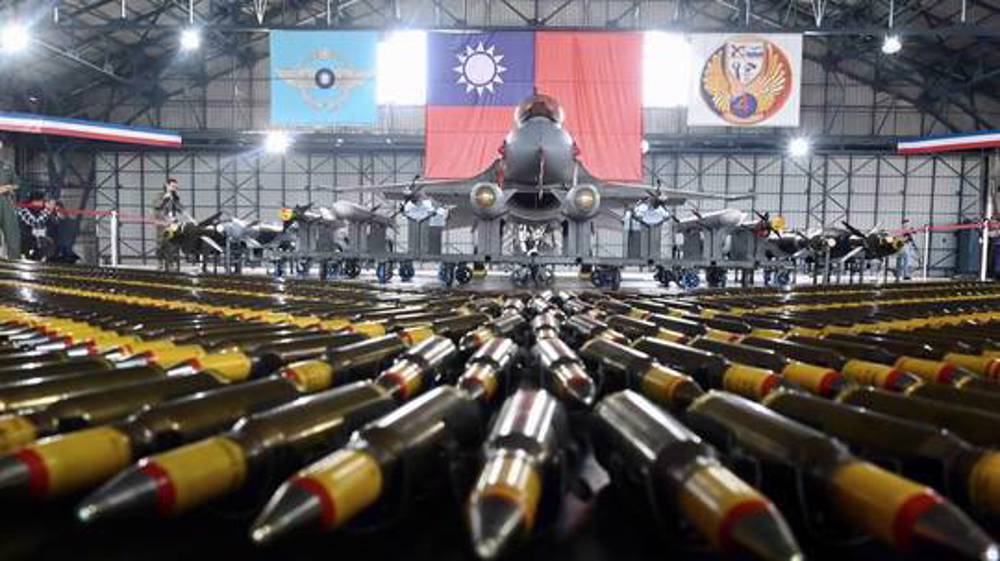

 This makes it easy to access the Press TV website
This makes it easy to access the Press TV website